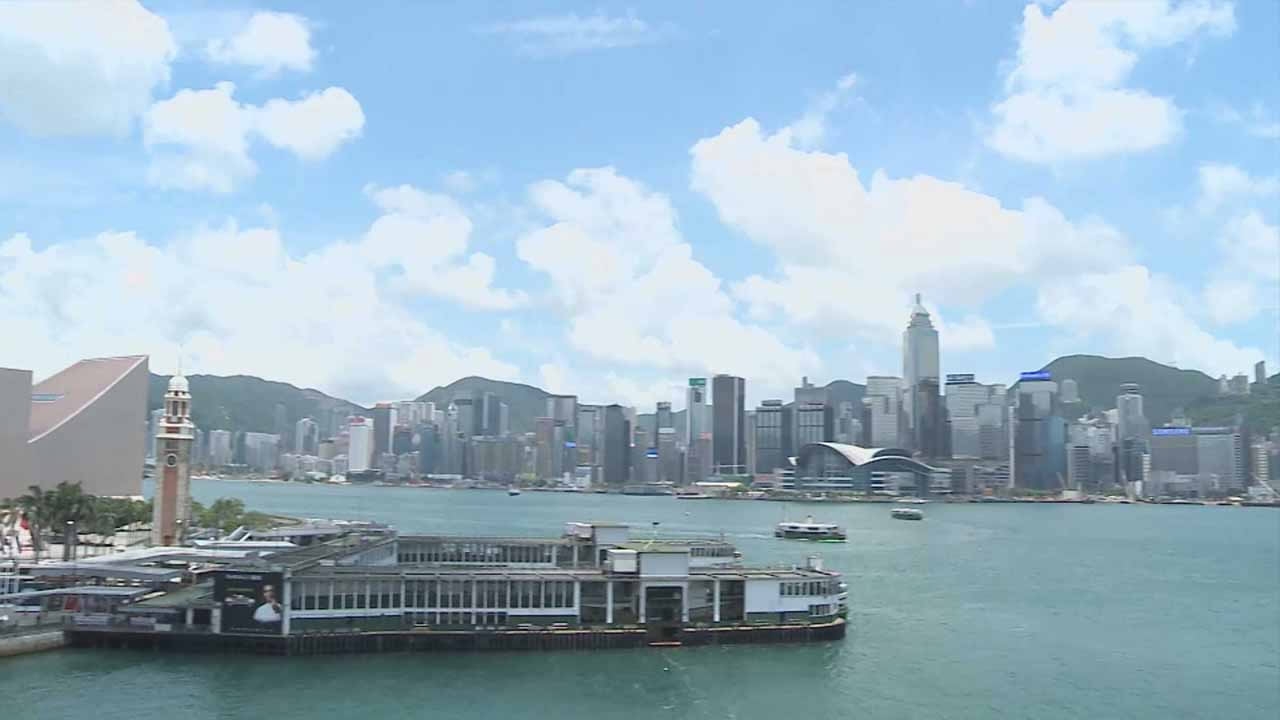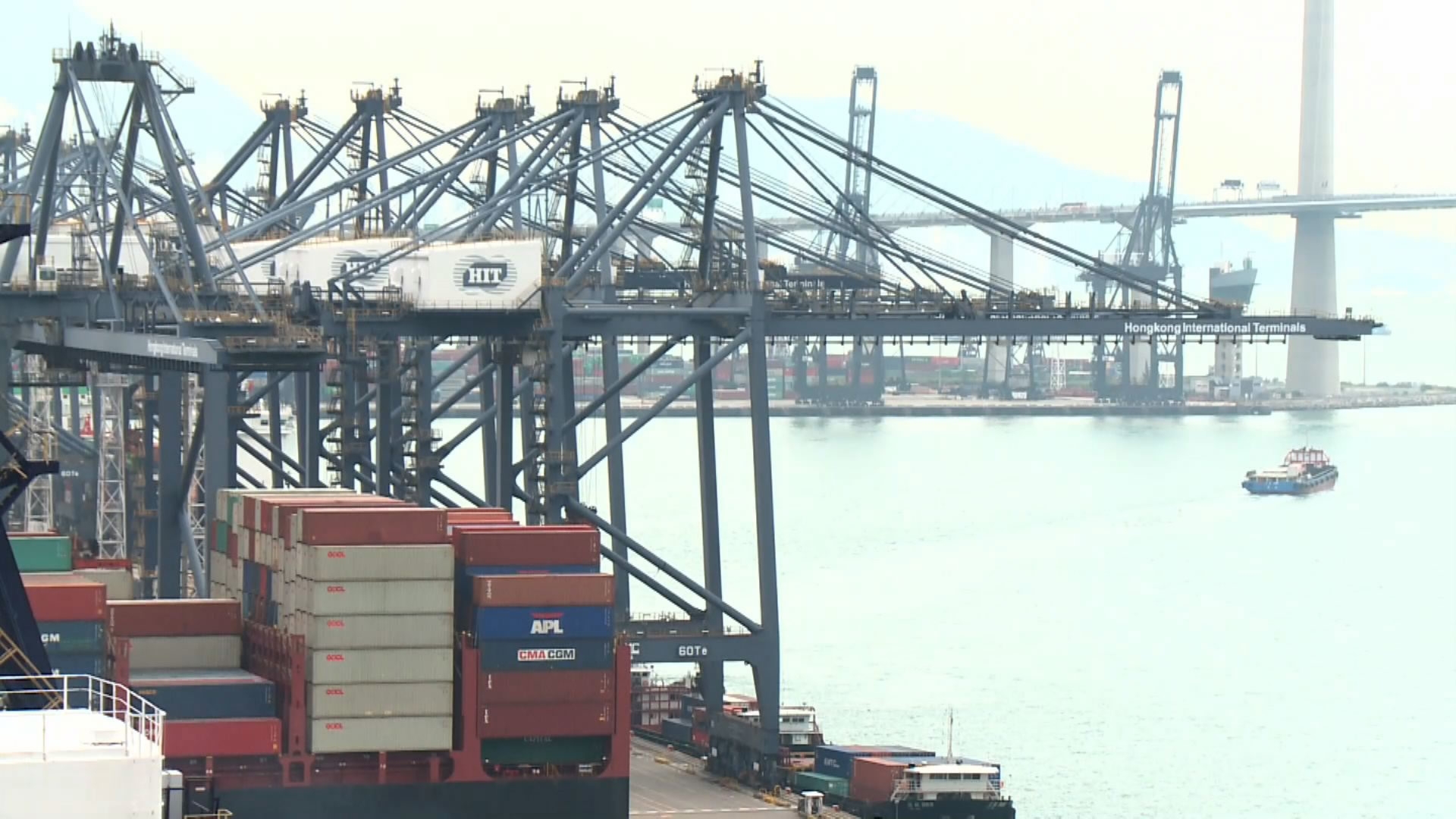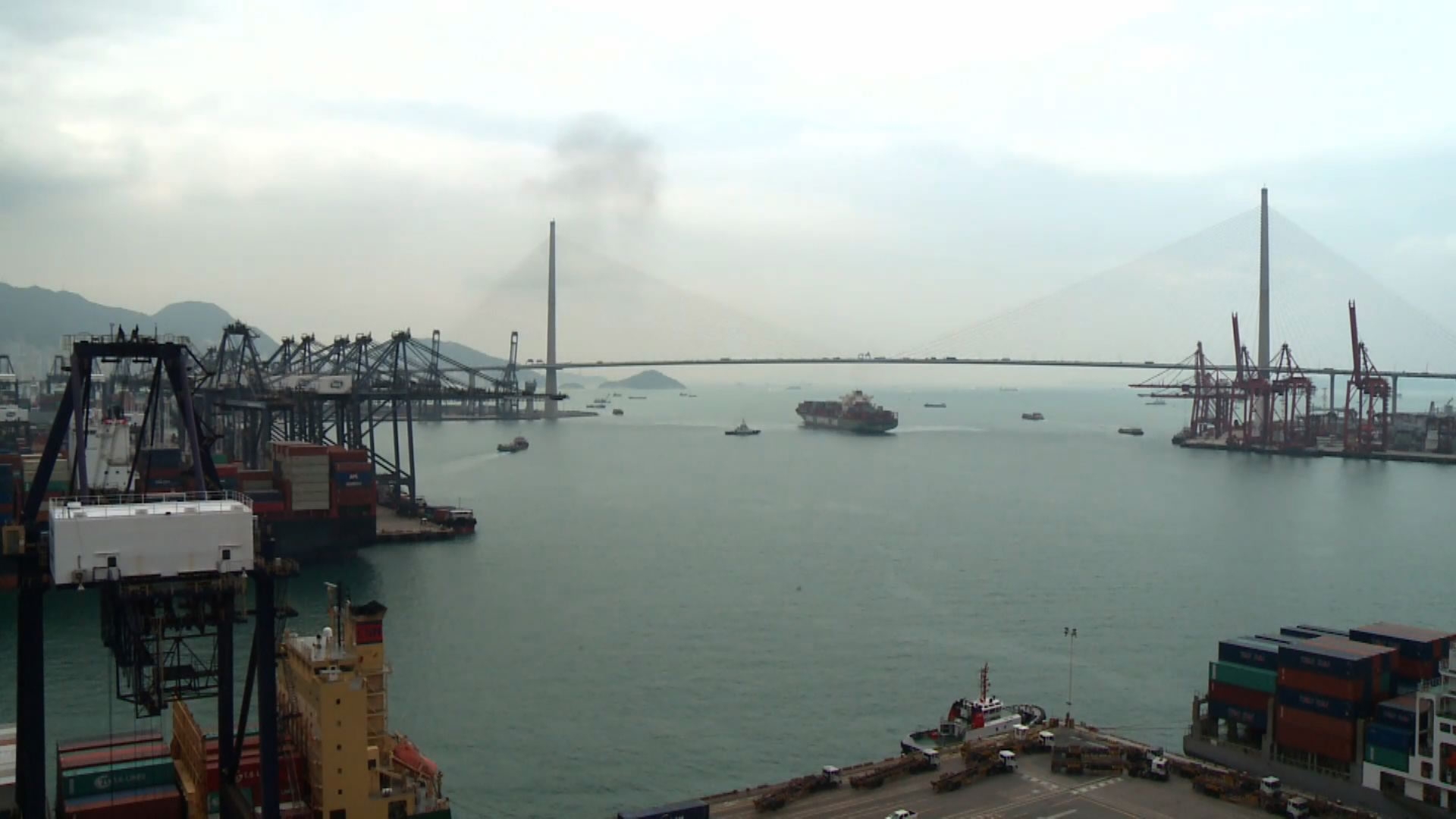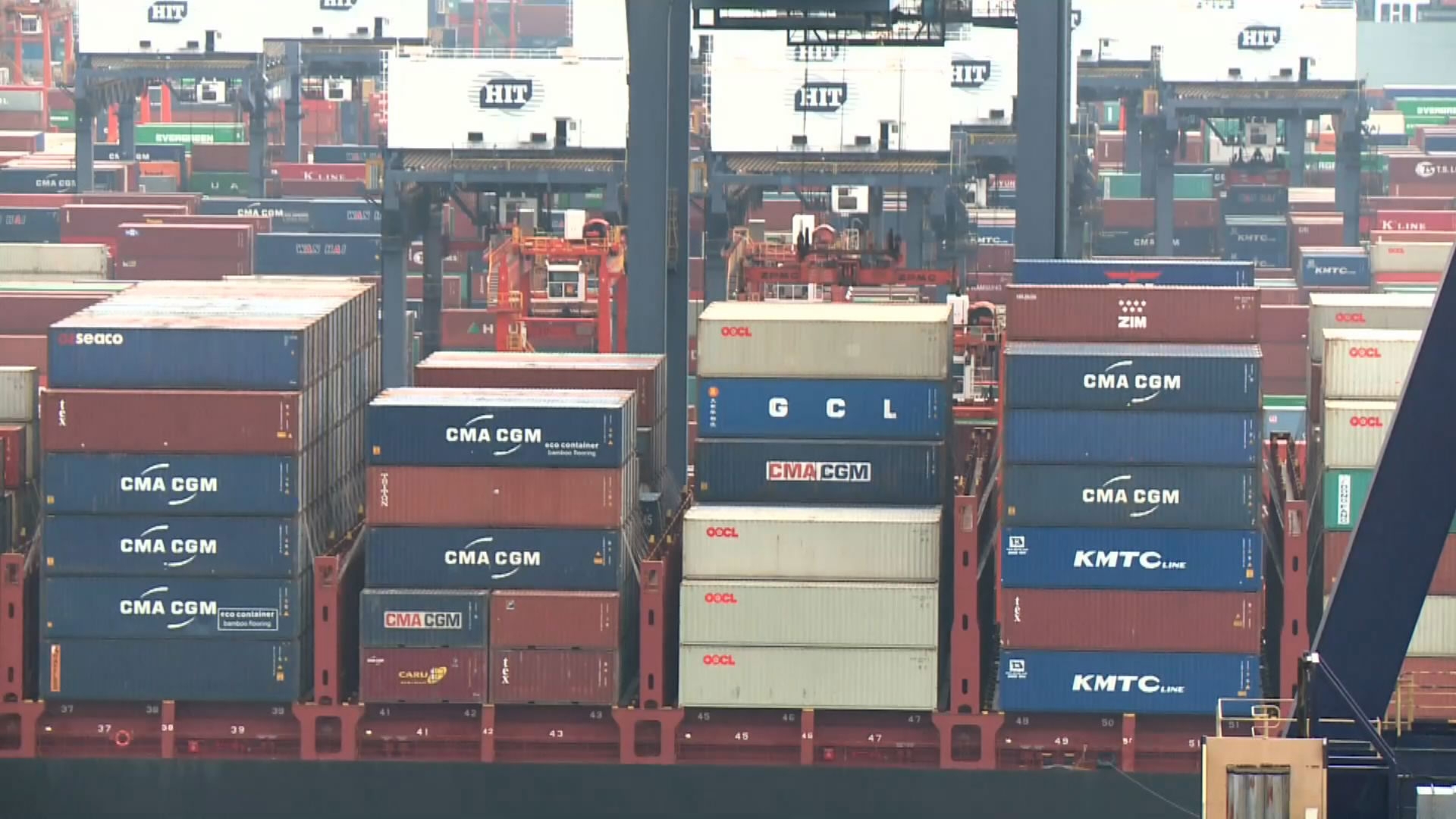
Business
14:04, 29-May-2017
Hong Kong Port to benefit from Belt and Road Initiative

By CGTN's Mao Dan
The Hong Kong Special Administrative Region is looking to seize opportunities brought by the Belt and Road Initiative. The city has positioned itself as a “super-connector” linking the Chinese Mainland to more than 60 countries and regions. And as one of the world's largest container ports, it's expected to gain new maritime business generated from the initiative.
A key factor in the economic development of Hong Kong is the natural shelter and deep waters of Victoria Harbor that provide ideal conditions for maritime business.
Among it’s four pillar industries, trading and logistics account for 23 percent of Hong Kong's GDP.
That figure is set to grow as Hong Kong taps into its role as a gateway to the Chinese Mainland... and makes greater use of its unique position in the fast-developing Belt and Road Initiative.

Hong Kong Port handles over 20 million vessels every year. /CGTN Photo
Hong Kong Port handles over 20 million vessels every year. /CGTN Photo
Self-defined as a super-connector in the Belt and Road Initiative, Hong Kong is poised to take full advantage of its roles as an international financial hub, and the world's fourth busiest container port, handling some 20 million vessels every year.
Hong Kong-based Hutchison Ports is the world’s largest manager of maritime trade. It has 22 locations in 18 countries along the Belt and Road Initiative route, and has become one of the major Hong Kong companies benefiting from Beijing’s global trade development initiative.
"If you look at the bigger picture, Hong Kong Port is a gateway for the Pearl River Delta in Guangdong Province," says Eric Ip, CEO of Hutchison Ports. "With the trade activities increased because of the effect of the Belt and Road Initiative, that will bring more trade volume to Guangdong Province and Hong Kong will be able to share in the increased volume."

Hong Kong is an important marine gateway to the Chinese Mainland. /CGTN Photo
Hong Kong is an important marine gateway to the Chinese Mainland. /CGTN Photo
Ip said he’s not at all worried about a recent decline in Hong Kong’s shipping industry, deeming the downward turn as temporary. "I think it’s only a matter of fluctuation. The maritime industry, and especially container size, has not been growing as strongly over the past two years. Hong Kong relies very much on transshipment volume. I think Hong Kong will return to an upward trend again."
Meanwhile, Hong Kong’s Trade Development Council estimates that global container throughput via Hong Kong is estimated to grow this year by 4.1 percent, and intra-Asia trade by 4.4 percent. And with extensive operating experience along key stretches of the 21st Century Maritime Silk Road, the city looks set to receive more shipping trade in the near future.

Businesses believe Hong Kong port has much to gain from the Belt and Road Initiative. /CGTN Photo
Businesses believe Hong Kong port has much to gain from the Belt and Road Initiative. /CGTN Photo
1970km

SITEMAP
Copyright © 2018 CGTN. Beijing ICP prepared NO.16065310-3
Copyright © 2018 CGTN. Beijing ICP prepared NO.16065310-3